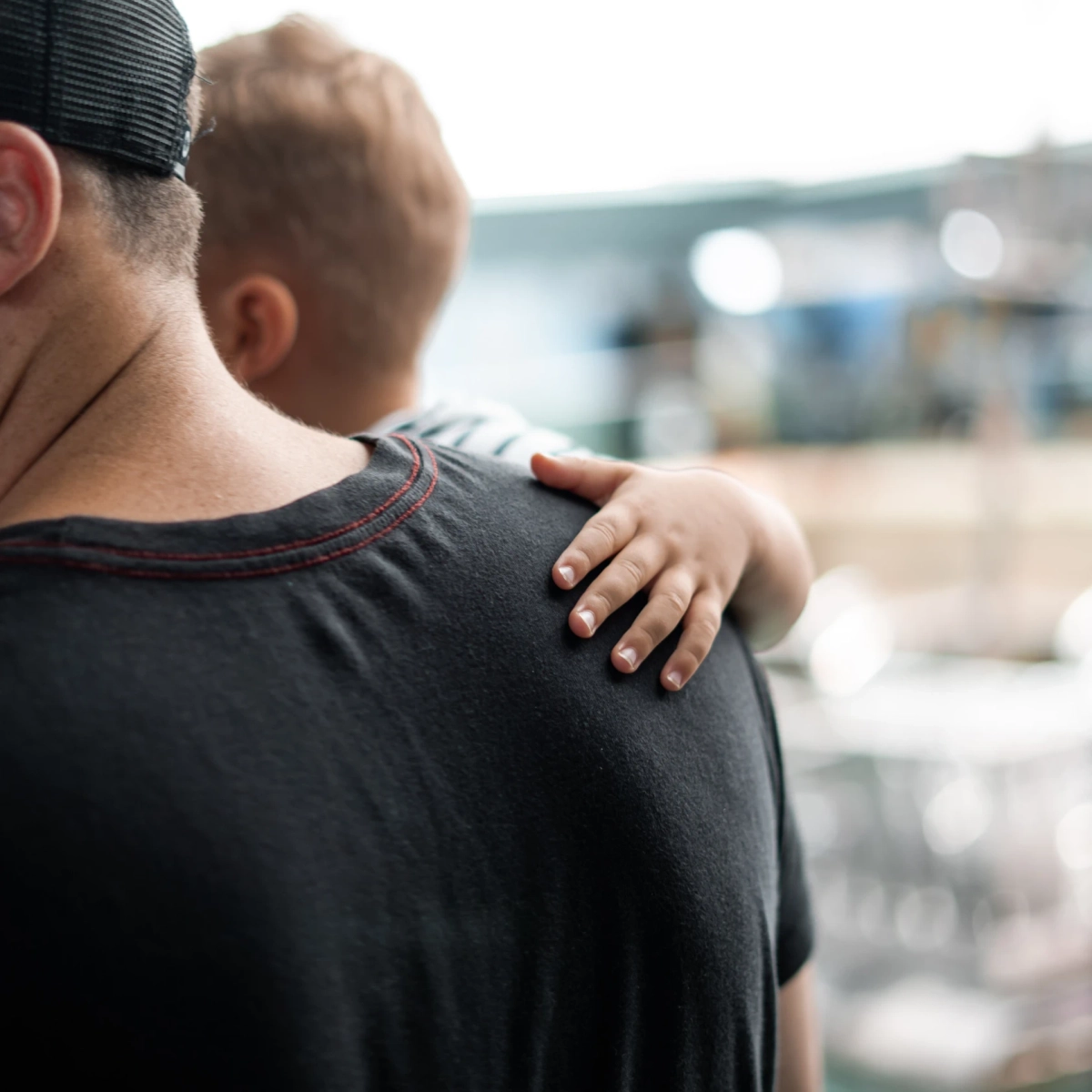Parenting
At Umbrella Family Law, we understand the complexities of family dynamics and are here to support you through this process with empathy and compassion.
A Roadmap to Parenting After Separation
Come and see the team at Umbrella Family Law before discussing all things parenting with your former partner to find out what your rights are and what will work for your family.



Some things to consider before discussing parenting arrangements with your former partner:
- 1
Consider the ages and needs of your children.
- 2
Evaluate which parent is best suited for primary care.
- 3
Assess practical arrangements for school/day-care and homework.
- 4
Factor in any special needs or disabilities.
- 5
Gather your children's views if they are older.
- 6
Prioritise your children's safety and consider family violence issues.
Even though circumstances are changing, the love and care you and their other parent provide your children continues to be vital in shaping their future.
QMy former partner and I agree on care and living arrangements for our children - what's next?
Well done on reaching an agreement! It’s time for you to schedule in consultation with us so we can talk you through the following options:
- Keep the informal verbal or written agreement as it is. You have more flexibility than if the Court makes orders as you can change your agreement whenever you like. However, this agreement will not be enforceable by the Court.
- Parenting Plan. You can draft this yourself, get us to do it for you, or obtain some help from a Family Dispute Resolution Practitioner.
- Consent orders. You will need us to draft these orders for you so they can meet the Family Court of Australia’s requirements. This document is enforceable by the Court.
QMy former partner and I cannot agree on care and living arrangements for our children - what's next?
Attend mediation, family dispute resolution or upon a child psychologist to try and resolve your parenting issues with your former partner.
Please note that even if family dispute resolution is not a success for you and your former partner, you need a Section 60I Certificate to say that you tried it to file an Application with the Court.
QWe have resolved our dispute - what's next?
Chat to Umbrella Family Law about a Parenting Plan, Consent Orders or keeping the informal verbal or written agreement as it is.
QWhat are consent orders?
Both parents agree (consent) to orders about their children. They put the text in a document named “Consent Orders”. They send it to the Court to be filed (stamped and lodged) and the Orders are made. Now both parties must follow them as they are legally binding.
QWhat does equal shared parental responsibility mean?
This means that both parents share and must talk to each other about major decisions in their child’s life including their child’s education, health, religion, changes to their name, and changes to the living arrangements. Important: This does not mean that EACH PARENT spends equal time with their children.
QWhat is a parenting plan?
A document which sets out future care arrangements for your child. It can cover parental responsibility for the child, who the child lives with, child support and related issues. Important: It cannot be enforced by the court if one parent does not follow it.
QWhat is a section 60I certificate?
A Certificate which allows a person to file an Application in court for parenting orders.
Most Australians do not need to go to court to make arrangements for children and parenting or dividing property after their relationship ends.
When disputes can’t be resolved by mediation, the matter may need to go to a court for a judge to make decisions. Going to court is a long, stressful and expensive process. The aim of mediation is to hopefully avoid the situation reaching this point.

You’re not alone.
Navigating family law can feel overwhelming. Over the years, we’ve discovered that one of the biggest things missing from the process is the reassurance others have been where you are.


